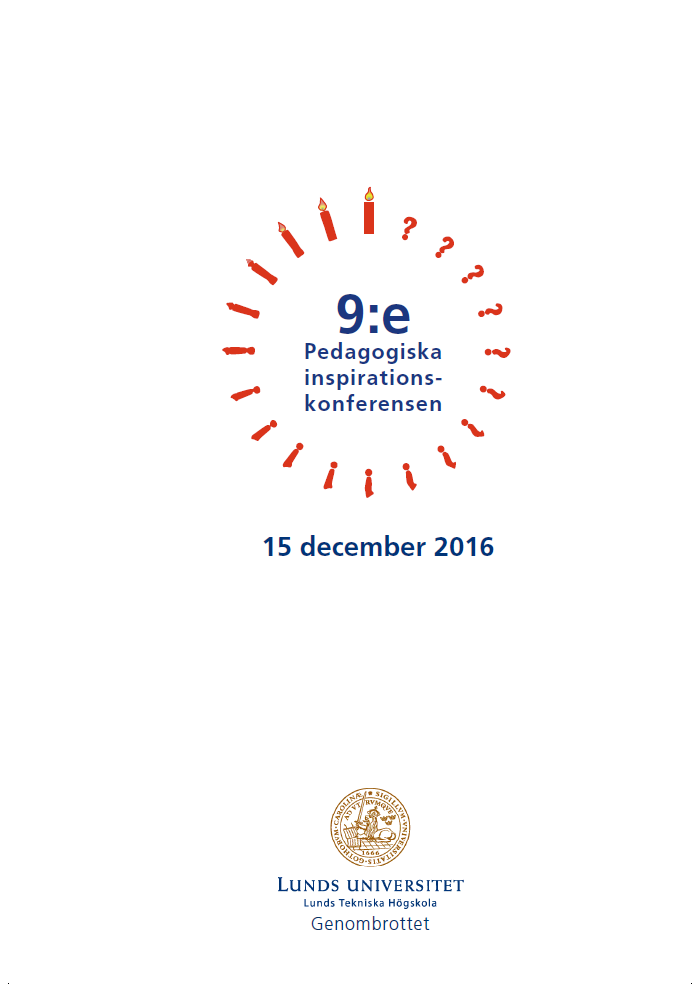Using Climate Research to Introduce Sustainability in a Computer Science Curriculum
Abstract
As challenges related to global climate change become ever more pressing, it is imperative that all parts of higher education are capable of preparing students to deal with global challenges posed by climate change in their professional careers. Many study programmes in engineering have attempted to introduce sustainability as part of their curriculum, but there are many factors that may impede progress and uptake, both within faculty and among students. Especially Computer Science education has been slow to adopt sustainability in the
core curriculum. Those who have introduced sustainability as a separate subject have reported generally lower student ratings, especially if students fail to see the relevance of sustainability
for them. To address these issues, we describe an approach to use concrete climate simulation tools and data to introduce computer science students to sustainability-related topics. The main aim is to improve students’ appreciation of, and interest in, sustainability issues by using real-world sustainability problems, hard data and technical methods. Also, we wish to assess whether common course material, available as an open toolbox, can lower the barriers of entry for educators who wish to introduce sustainability in their own computer science courses. In this paper, we describe a toolbox with climate change research tools and simulation data, and report on experiences from two courses and three student groups where this material has been used. We describe some impediments and success factors to using the material, and present the results of surveys and interviews from the three student groups participating.


